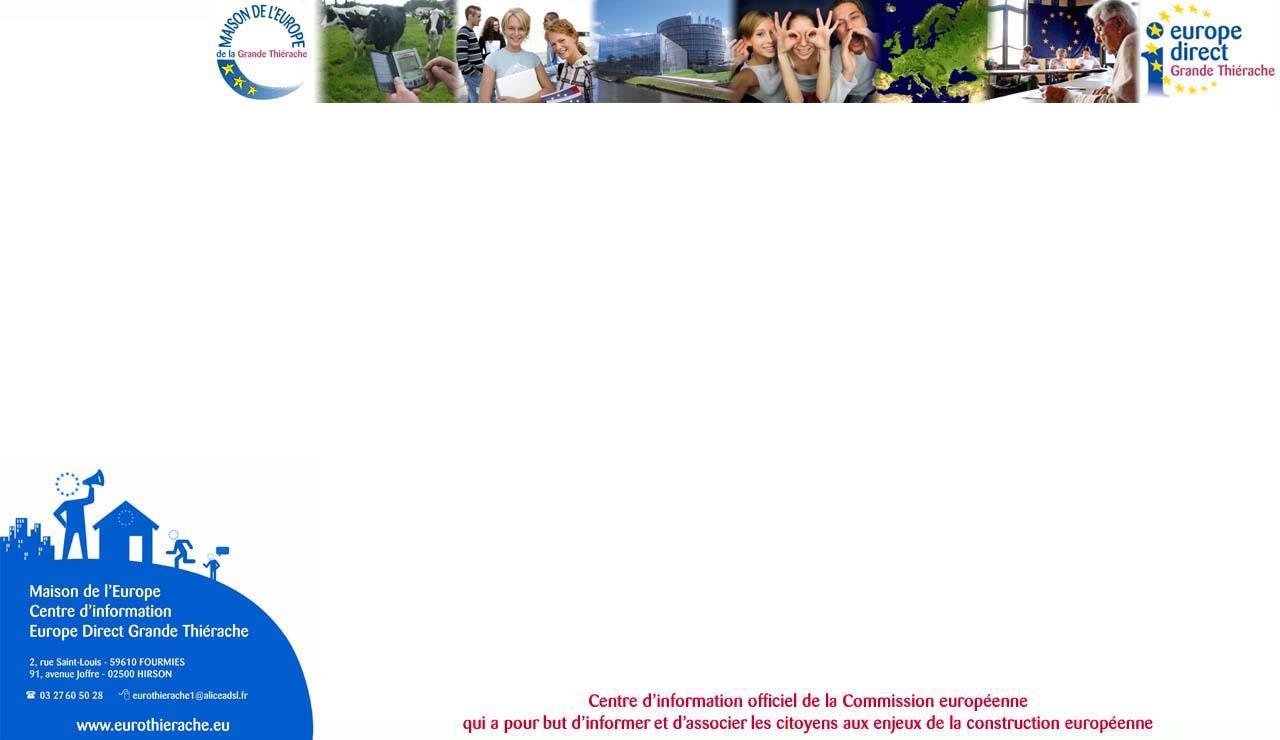|
Silvia: I wanted to go to France because I speak French, English and Russian, and I speak very well English and in Russia, it is cold too much. I need to speak French better if I want to be an interpreter. I chose to go to Lille because last year I met two girls there and we became friends. That’s why I wanted to go to France to be with my French friends and this was a way to speak French better. 2) What do you expect concerning the Erasmus program? Silvia: at the beginning, my first objective was to speak French very well and also to loose my Spanish accent but finally this experience gave me a strong character, more independence, and a global view on people more complete. 3) What do you feel about your experience over there? Silvia: it was very difficult; I was confronted to some serious problems and in fact, I wondered if I was not going to drop the Erasmus program and return to my home with my family. Fortunately, I was able to resist, and I’m very proud of this. I knew how to face to the problems of adaptation in another country; it also makes part of European mobility. 4) What are the administrative modalities before to go away? Silvia: firstly, of course you ask for the Erasmus grant and when you have it: a) You sign a study contract with your teacher and your university. b) To contact the foreign university and its coordinator to take off every doubt and to be informed about all this could be useful. c) To find a flat d) To ask for all the grant for student mobility and which help you to pay the flat’s rent All these points are the more important modalities, which at the beginning seem to be difficult, but really it is not very difficult. You have to be patient and to ask all things you don’t know. It is especially it, never been tired to ask. 5) Is the Erasmus program linked with your professional project? Silvia: I want to be an interpreter, so we can say that it is linked. To translate, it is not only necessary to speak the language very well but also to learn things about the country’s and people’s culture. To translate is no more than to compare a foreign culture with yours and to show this culture faithfully, and without the conditions quoted before it is not possible. 6) Financially how does the program help you? Silvia: the truth is that, in Spain the grant is low and we don’t receive much money. So the better thing is to save money before to go and to work after to recover. |
| interview 2 : Silvia Diaz Lopez (20 ans) |
| © 2014 Maison Europe Grande Thiérache |



 1) Which were your motivations to go to France?
1) Which were your motivations to go to France?